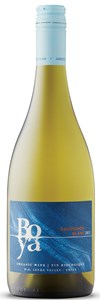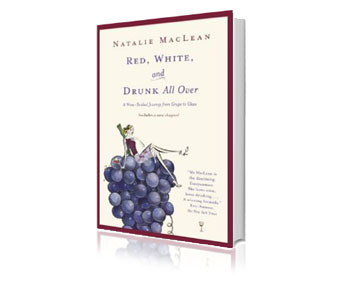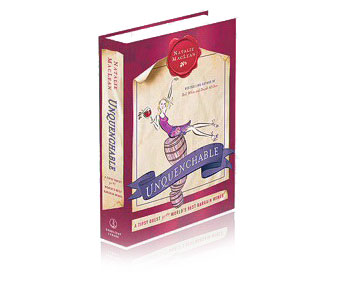Dylan's Run Vineyard

Dylan's Run Vineyard
P.O. Box 2863
Eugene, Oregon
USA 97402
Phone: 541-343-5810
http://www.dylansrunvineyard.com/
Email: [email protected]
Dylan’s Run Vineyard is a sustainably farmed 15 acre vineyard, initially planted from 1983-1986. The farm consists of 11 acres of Pinot noir, 1 acre of Muller-Thurgau, and 2 acres of White Riesling. With a south-east exposure, the vines thrive on more than 8 different soil types mainly Willakenzie and Dupee. A portion of the historic Applegate Trail runs directly through the middle of the pinot noir planting and our neighbor is the well known McCulloch pioneer cemetery.
Sustainable Agriculture
Our wine grapes are produced using standards of sustainable agriculture which were initially developed in Switzerland. These standards were developed to maintain quality in fruit production while minimizing off farm inputs and encouraging responsible stewardship. We at Dylan’s Run Vineyard, along with other Oregon winegrowers statewide, were directly instrumental in using these standards to develop the vineyard scorecard for Oregon and the first sustainable certification organization, in the U.S., with international third party endorsement. By 2001 Dylan’s Run was certified by Switzerland’s International Organization for Biological Control (I.O.B.C.), L.I.V.E., Inc., and the highly regarded Salmon-Safe organization.
These are a few of the sustainable agriculture standards we employ:
•Alternate mowing
By the use of an alternate mowing system we encourage and build upon beneficial biodiversity. Biodiversity is important in maintaining the healthful balance of our vines.
•Development of insect sanctuaries rather than use of insecticides
If a harmful insects should become a threat to the health of the vines, a large population of beneficial insects can restore the balance. Insect sanctuaries are developed by providing open green areas with diverse native plant species creating a nurturing habitat for beneficial insects to thrive.
•Use of products with least impact on soil life and the environment
Our spray program includes the use of products that are the least persistent in the soil and most protective to soil life, amphibians, the watershed, and the environment.
•Recycling of all organic matter
For example, the cuttings left after winter pruning compost into the soil adding necessary organic matter and nutrients for the vines.
•Regular tissue and soil monitoring
We take tissue and soil samples to help us to monitor plant and soil health. These tests provide the information necessary to adjust supplemental nutrients as needed.
•Disking rather than tilling
By disking the first few inches of the soil we encourage the renewal of the cover crop, help loosen soil compaction, and release nutrients for plant uptake while doing minimal damage to soil life and plant roots.
•We use local precipitation data and other physiological indicators to schedule irrigation applications
•Our new plantings are on disease resistant rootstock
•We maintain an open canopy for maximum airflow and prevent fungal diseases during the growing season
•We are experimenting with trellising systems that will minimize labor and maximize fruit production and quality
Update Winery information Submit new wines to be posted Wineries of America
Although there aren't any wines associated with this winery, Natalie may have reviewed brands that this winery produces and she just didn't know to designate this winery in her tasting note. You can search here for specific brands.
 Best Books of the Year
Best Books of the Year Best Books of the Year
Best Books of the Year

















